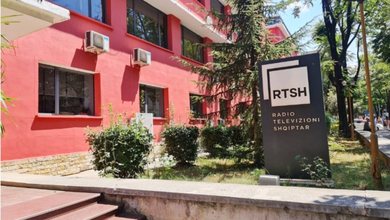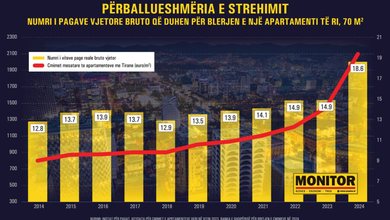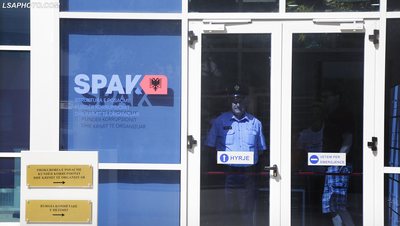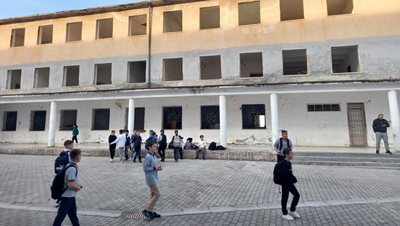
Less than 30 percent of employees in Albania use the internet at work, compared to the EU average of 63 percent, according to Eurostat data for 2024.
Only a limited portion of Albanian employees use the internet during working hours, ranking our country among the countries with the lowest level on the continent (see map below).
In Nordic countries, such as Sweden and Finland, over 85% of employees use the internet at work, indicating a full integration of digital technologies into their work environments.
Eurostat data shows large differences in the level of digitalization between European economies. Many enterprises in our country, especially small and medium-sized ones, have not yet managed to integrate online technologies as a daily part of their economic activity.
In most Western Balkan countries, the level of usage remains significantly lower than the European average. While the EU average reaches 62.9%, Albania, together with Kosovo, North Macedonia and Bosnia and Herzegovina, ranks in the area where the percentage of employees using the internet at work is often less than 30%.
The reasons for this difference are closely related to the economic structure of our country. The high weight of traditional sectors, such as agriculture and construction, where the internet is not a primary work tool, significantly limits the digitalization of the labor market.
In Albania, a large proportion of enterprises are micro or small, with limited financial and technological capacity to invest in digital equipment and training for employees. Furthermore, the lack of full coverage of modern internet infrastructure in rural areas deepens the gap between large cities and the rest of the country.
Many Albanian companies continue to rely on traditional ways of working, not seeing the internet as a tool that increases productivity. In addition, the lack of digital skills among a large part of the workforce, especially among older generations, constitutes an additional obstacle to the widespread diffusion of technology in the workplace.
Compared to the region, Albania is at a low average, similar to Bosnia and North Macedonia, while Montenegro and Serbia show slightly more progress, thanks to earlier investments in technology and greater integration of online services./Monitor






















